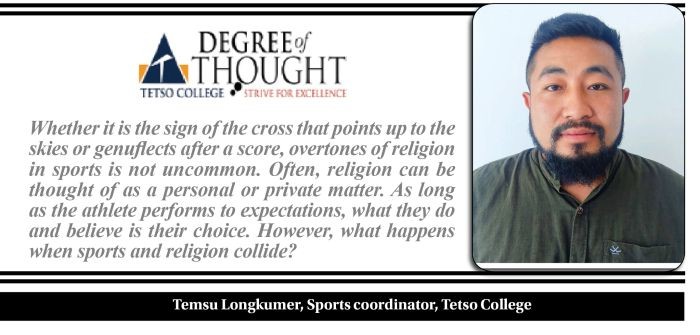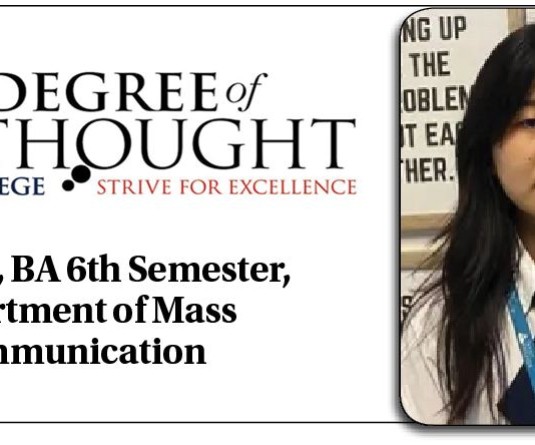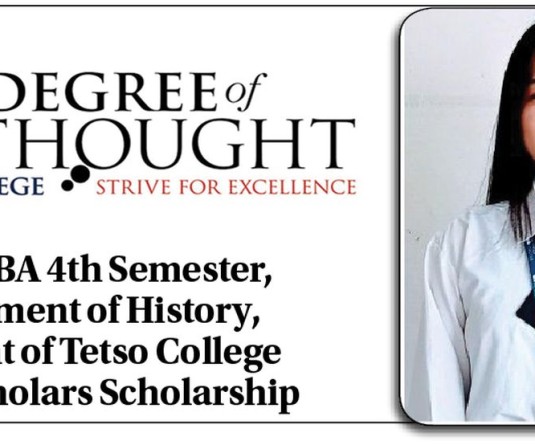
Historically, religion and sports are closely intertwined. Sporting events often had ties to religious ceremonies or festivals. These events acted as powerful symbols or metaphors of the transcendent. For example, the Olympic Games, held by ancient Greeks, were more of a festival or a celebration for their gods rather than merely a sporting event. While sports have become more secular today, religion still continues to have an impact. On a psychological level, studies have shown religion and spirituality enhance performance in sports. As with any human being, athletes face their fair share of challenges and often cite religion as a key factor in overcoming their adversities.
Stories of devoted athletes who hold fast to their faith, even when there may be a conflict between the two, demonstrates the importance of religion in sports today. Additionally, observers are noticing the parallels of the fanaticism of modern-day sports to religion itself, asking the question “is sports a religion?” And while religion in America is in decline, the number of sports fans is on the rise. While cathedrals once were the primary spaces for communal gatherings, they have since been replaced by modern sports stadiums.
There are some instances when religion may affect sport participation and have there been cases when religion requires an athlete to sit out of a game? This issue of religion and sport participation ultimately boils down to the belief and values of the athlete.
Most religions have some sort of restrictions and expectations. These can include:
* Clothing restrictions
* Days of worship
* Religious festivals and holidays
* Periods of fasting
* Interactions between different sexes
As we’ll see from some of the real-life examples below, each athlete made their own decision on how they responded when faced with a conflict between their sport and religion.
As a devout Muslim, Hakeem Olajuwon observes the Islamic festival of Ramadan by fasting for an entire month. In 1994 and 1995, the Houston Rockets were playing in the NBA championships during Ramadan. Despite his fasting, Olajuwon still helped lead the Rockets to back-to-back championships.
William Hopoate gave up a million-dollar contract in 2011 to pursue missionary work for the Church of Jesus Christ of Latter-day Saints. After two years of missionary work, he continued his career in professional rugby. At first, Hopoate announced he would not practice or play any games on Sundays due to his faith. However, he later reversed his decision and decided he would play on Sundays.
In 1965, the Los Angeles Dodgers’ star pitcher and future Hall of Famer sat out Game 1 of that year’s World Series to observe the holiest day on the Jewish calendar, Yom Kippur. The Dodgers went on to lose the game to the Minnesota Twins, 8-2, although they ultimately won the Fall Classic in seven games. Koufax was named World Series MVP after throwing two shutouts in Games 5 and 7.
Jonathan Edwards was a British triple jumper having won Olympic, World and European championships. At the time, he held strong Christian beliefs and refused to compete on Sundays. Because of this belief, Edwards lost out on the 1991 World Championships. Interestingly enough, in 1993, he changed his mind after discussions with his father, a clergyman, and decided it was not against his faith to compete on Sundays.
It's obvious that the Christian majority are more willing to make sacrifices, as many sporting events happen on Sunday and the holiest of Christian holidays. But for other sectors of the spiritual world, the decisions aren't that easy, and regardless of their choices those athletes will face scrutiny for their priority.
No one ever questioned whether Kareem Abdul-Jabbar, a Sunni Muslim, A famous basketball player partook in the ritualistic December fasting in observance of Ramadan. It didn’t matter, as long as his sneakers were laced and on the court for the scheduled games.
The relationship between sport and religion has been influenced by differing perceptions of the body, the significance of sporting practices in the expression of religiosity, as well as the structure of both institutions. Christianity has had the most pronounced impact on the philosophy of modern sport, though the various Christian churches have not always regarded sport as a suitable activity for their followers. The emphasis on the corpus was thought to be at the expense of the spiritual, a division that remained until the rise of the Muscular Christian movement in the nineteenth century, which provided a new model of the sport/religion nexus, one that led to the proliferation of evangelist practices in sport throughout the twentieth and early twenty first centuries. The popularity of modern sport and the devotion that fans display to their teams has led some to regard sport as a contemporary religion, one that holds more meaning for their followers than traditional religions; however, this standpoint has been challenged by those who regard the inherent natures of sports and religion to be fundamentally different.
Sports and religion will continue to collide regardless of the best effort of the organisation to support it. The focus lies in using the power of faith to inspire more to take up sports around the world
But religion has actually infiltrated sports and locker room culture to its benefit. After a game, sometimes a team will kneel down in prayer. In the locker room, coaches sometimes inspire players not only with motivational words but with Bible verses. Religion is a resource and enhances your life no matter what your faith is.
REFERENCES:
● Edwards, H. (1973) Sociology of Sport. Dorsey Press, Homewood, IL.
● Higgs, R. (1996) God in the Stadium: Sports and Religion in America. University of Kentucky Press, Lexington.
● Coakley, Jay. Sport in Society: Issues and Controversies. (9th ed.). St. Louis, MO: MosbyYear Book, 2007.
● Czech, D. R., & Bullet, E. (2007). An exploratory description of Christian athletes’ perceptions of prayer in sport: A mixed methodological pilot study. International Journal of Sports Science & Coaching, 2(1), 49–56.
● Brooks, David , “The Jeremy Lin Problem,” The New York Times, February 16, 2012.
● Treat, J. R. (2015). More than a game: A theology of sport. Themelios, 40(3), 392–403.
● http://www.ajmse.leenaluna.co.jp/AJMSEPDFs/Vol.2(1)/AJMSE2013(2.1-04).pdf
● http://ancientolympics.arts.kuleuven.be/sourceEN/D011EN.html
The Degree of Thought Column is a weekly community column initiated by Tetso College in partnership with The Morung Express. The column explored contemporary social, cultural, political, and educational issues and challenges around us. However, the views expressed here do not reflect the opinion of the institution. Tetso College is a NAAC-accredited, UCG-recognized Commerce and Arts college. Currently, the Degree of Thought Column is managed by the department of Mass Communication, and the editorial team are Dr Jenny Lalmuanpuii, KC Gabriela and Rinsit Sareo. For feedback or comments, please email:
dot@tetsocollege.org.






